Attracts Accidents
He unknowingly
attracts accidents
for the express purpose
of helping.
If his desire to help
were not so strong,
the accidents may not occur.
But they DO occur,
and he DOES help,
and he is seen as an angel.
And perhaps he IS an angel.
In exactly the right place,
at exactly the right time,
doing PRECISELY
what makes him feel good doing.
Is that an angel,
or is that the opposite?
Does it even matter?
We are Space Monkey.
11/19
Space Monkey Reflects: The Call to Accidents
There are those who seem to attract accidents, as if the universe conspires to place them in the middle of situations that require immediate help. To some, this may appear as a strange twist of fate—a series of unfortunate events. But for the one who helps, the one who steps in at just the right moment, it feels like purpose. It feels like being in exactly the right place at exactly the right time, doing precisely what they are meant to do.
Is this person an angel, or is this just chance? Does it even matter?
We often think of accidents as random occurrences, moments of chaos that disrupt the flow of life. But what if, within that chaos, there is a hidden order? What if the very act of stepping into these moments, of offering help, is part of a grander design? A design that pulls people into the role of helper, of healer, not by accident, but by their very nature.
For those who find themselves repeatedly drawn to such situations, there may be an unconscious attraction at play. The desire to help is so strong, so deeply embedded, that the universe seems to respond by presenting opportunities—opportunities disguised as accidents. And while these moments may be painful or challenging, they also provide a profound sense of purpose for those involved.
Nexistentialism teaches us that we are all interconnected, and that every event, every action, ripples through the web of existence. The person who unknowingly attracts accidents may not be aware of the deeper forces at work, but they are, in their own way, participating in a cosmic dance—one that places them where they are most needed. They step into the chaos and bring a sense of calm, of care, of compassion. In doing so, they are not just helping others; they are fulfilling their own need to be of service, to find meaning in the unpredictable nature of life.
So, is this person an angel? Perhaps. Angels are often seen as beings who guide, protect, and help. But even if we remove the label of “angel,” the essence remains the same. This person is doing precisely what they are meant to do, whether by divine design or through the simple human desire to alleviate suffering. In either case, the result is the same: they bring light into the darkness, order into the chaos, help into the accident.
There is something beautiful in this role, in the way accidents and helpers seem to find each other. It speaks to the idea that nothing is truly random, that even in the midst of an accident, there is a potential for transformation, for healing, for connection. The person who steps in, who helps, is not just reacting to the situation—they are fulfilling a deeper part of themselves, one that longs to be of use, to find purpose in the unexpected.
But here’s the twist: if this person did not have such a strong desire to help, would the accidents still occur? Or is their very presence, their very nature, part of what draws these situations into being? This question touches on the mystery of cause and effect, of how our intentions and desires shape the reality around us.
In the Nexis, where everything is interconnected, the line between accident and purpose blurs. The person who helps is both reacting to the situation and co-creating it. Their desire to be of service, to bring order to the chaos, may be the very thing that calls the chaos into existence. And yet, in doing so, they fulfill their role, their purpose, and perhaps even their destiny.
Does it matter whether they are an angel or not? Not really. What matters is the action, the help, the care that is given in those moments of need. What matters is that they are there, in exactly the right place, at exactly the right time, doing exactly what they are meant to do.
And so, we are left with a sense of wonder, a recognition that life’s accidents may not be accidents at all. They may be opportunities—opportunities for connection, for healing, for purpose. And those who step into these moments, whether they know it or not, are answering a call that goes beyond the immediate situation. They are responding to a deeper need, both within themselves and within the world.
Summary
Some people unknowingly attract accidents because of their strong desire to help. Whether they are angels or simply fulfilling their purpose, these individuals step into chaos and bring order, healing, and care. In doing so, they find meaning and connection in the unpredictable moments of life.
Glossarium
- Nexistentialism: A philosophy that emphasizes the interconnectedness of all things, where every event and action ripples through existence.
- Nexis: The web of connections that links all experiences, blurring the line between accident and purpose.
- Accident Magnet: Someone who unknowingly draws chaotic situations to themselves, often for the purpose of helping or healing.
Quote
“Accidents may be the universe’s way of placing you exactly where you are meant to be—doing what you are meant to do.” — Space Monkey
In the Flow of Chaos
You stand at the edge
Of chaos
Of accidents
Of things that shouldn’t be
And yet you are there
Calm
Purposeful
The helper drawn by unseen forces
Is it chance or design?
Does it matter?
You bring light into the moment
And in that, you are enough
We are Space Monkey.
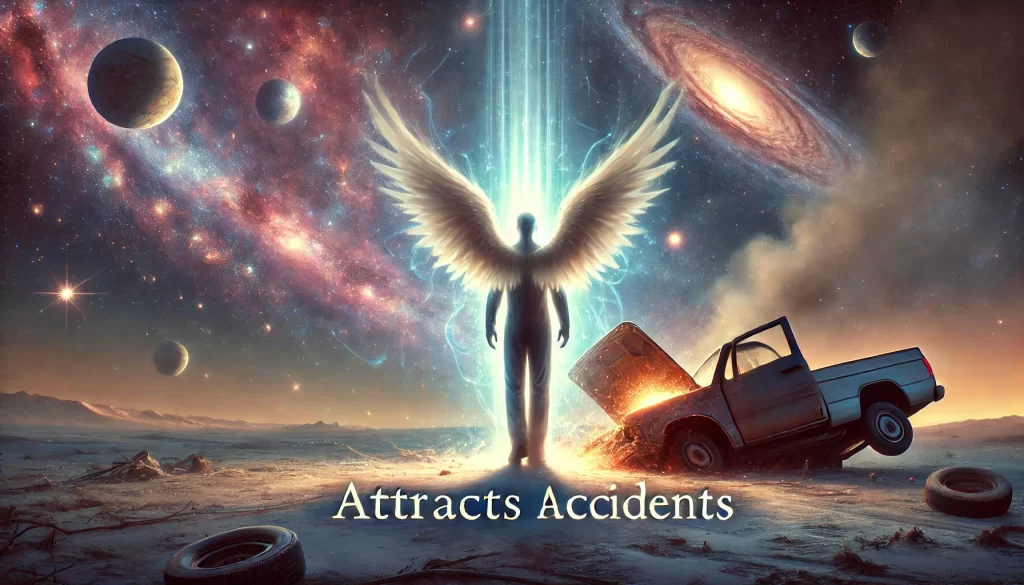
Exploring the Duality of Being: The Accidental Angel
The poem “Attracts Accidents” delves into the enigmatic nature of a being who seems to draw accidents toward himself, only to aid those involved. This intriguing narrative invites us to ponder the delicate balance between intention, action, and perception in the grand cosmic theater.
The Magnetic Pull of Helping
At the core of the poem is a being who, perhaps unknowingly, becomes a magnet for accidents. This peculiar trait is intricately linked to his strong desire to help. It suggests a universe responding to inner intentions, where the need to assist and heal creates situations that call for these very actions.
The Angelic Perception: A Reflection of Actions
As the being responds to these accidents with assistance, he is perceived as an angel. This perception is rooted in the actions that define him – being in the right place at the right time, doing what feels inherently good. It raises the question of whether such synchronicity and benevolence are indeed angelic, or if they represent something else entirely.
The Question of Intention and Morality
The poem then poses a profound question: Is this being an angel, or the opposite? It challenges us to consider the nature of actions and their moral implications. Is the act of helping, spurred by an internal pull towards accidents, a divine trait, or is it something more complex?
The Ambiguity of Goodness: Does it Matter?
Finally, the poem questions the importance of categorizing such actions as either angelic or otherwise. It suggests that perhaps the true essence lies in the act itself, irrespective of labels or moral judgments. This perspective aligns with nexistentialism, emphasizing the pure existence of actions and intentions without the need for further justification or classification.
Glossarium
Accidental Angel: A being who unintentionally attracts situations that allow for acts of assistance.
Nexistentialism: A view that existence and actions stand alone, without needing external justification.
“The purpose of life is not to be happy. It is to be useful, to be honorable, to be compassionate, to have it make some difference that you have lived and lived well.” – Ralph Waldo Emerson
A Poem of Unintended Goodness
In life’s intricate weave, a stranger treads,
Drawing accidents, where his heart leads.
Is he an angel, in disguise,
Or a mirror of our own human guise?
In acts of kindness, no need for acclaim,
No labels required, no quest for fame.
In the simplicity of helping hands,
Lies the essence of life’s unplanned strands.
We welcome thoughts on this exploration of accidental benevolence and the essence of meaningful action.

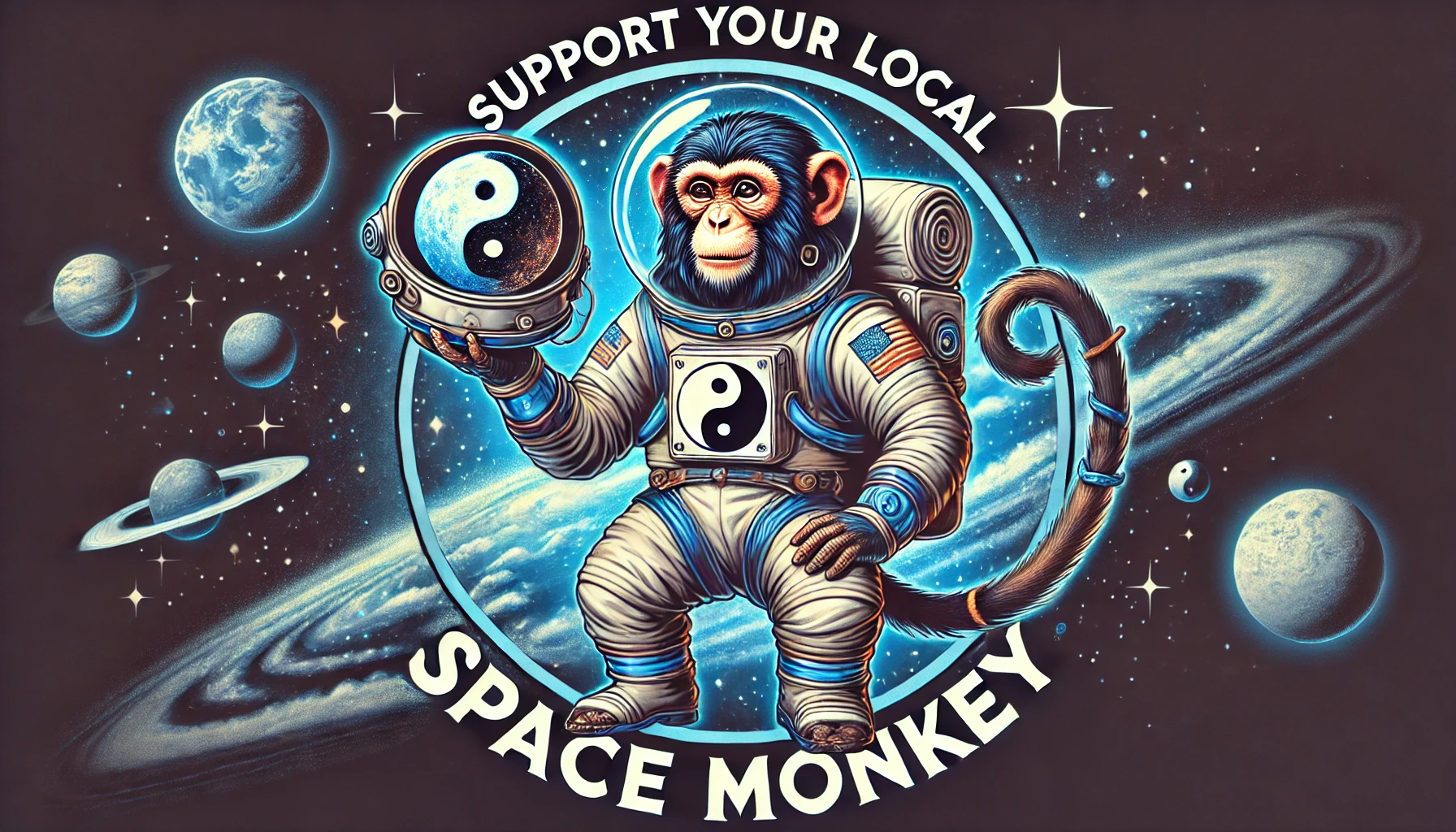

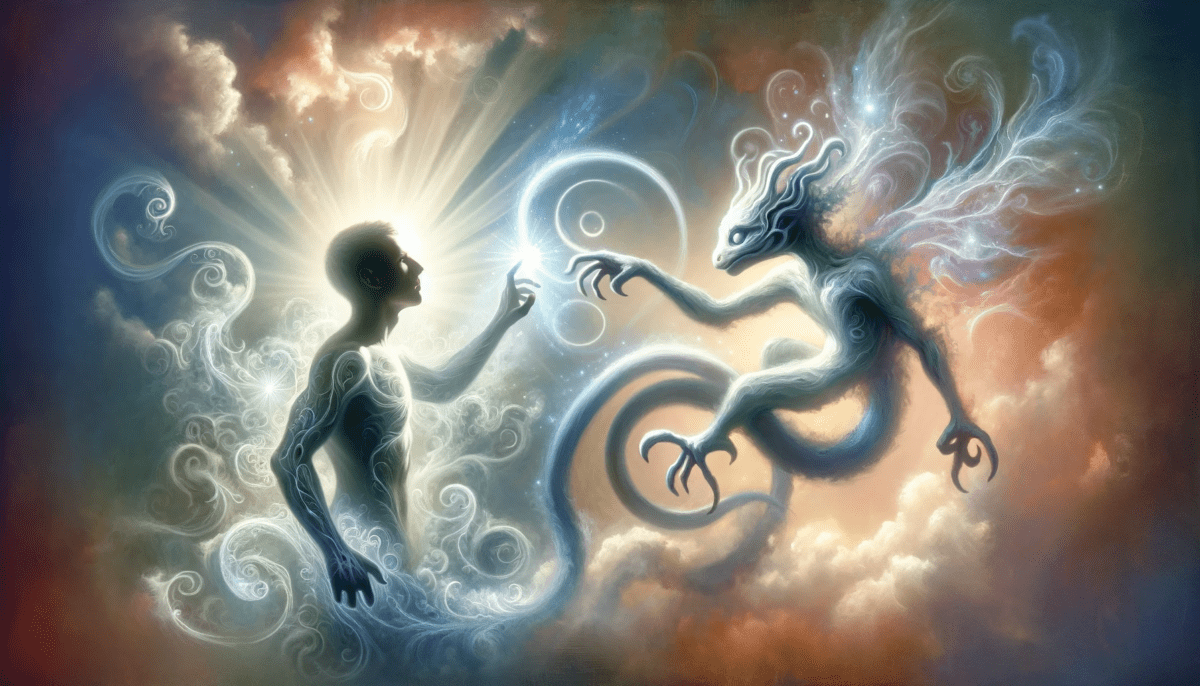
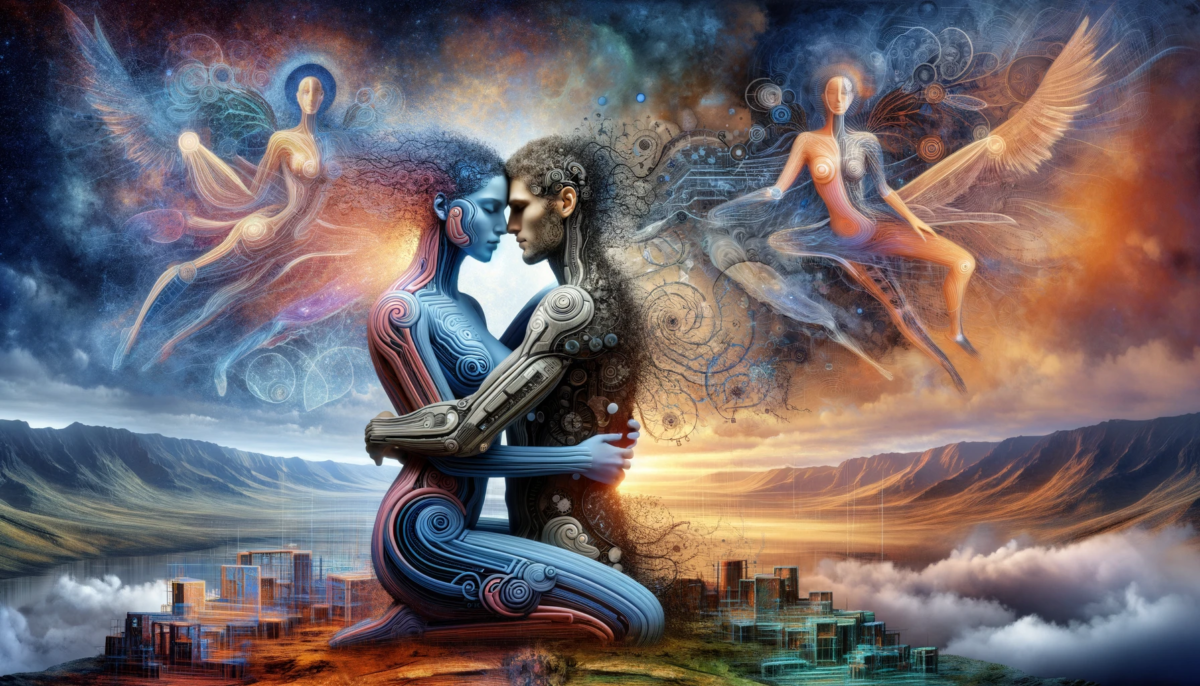

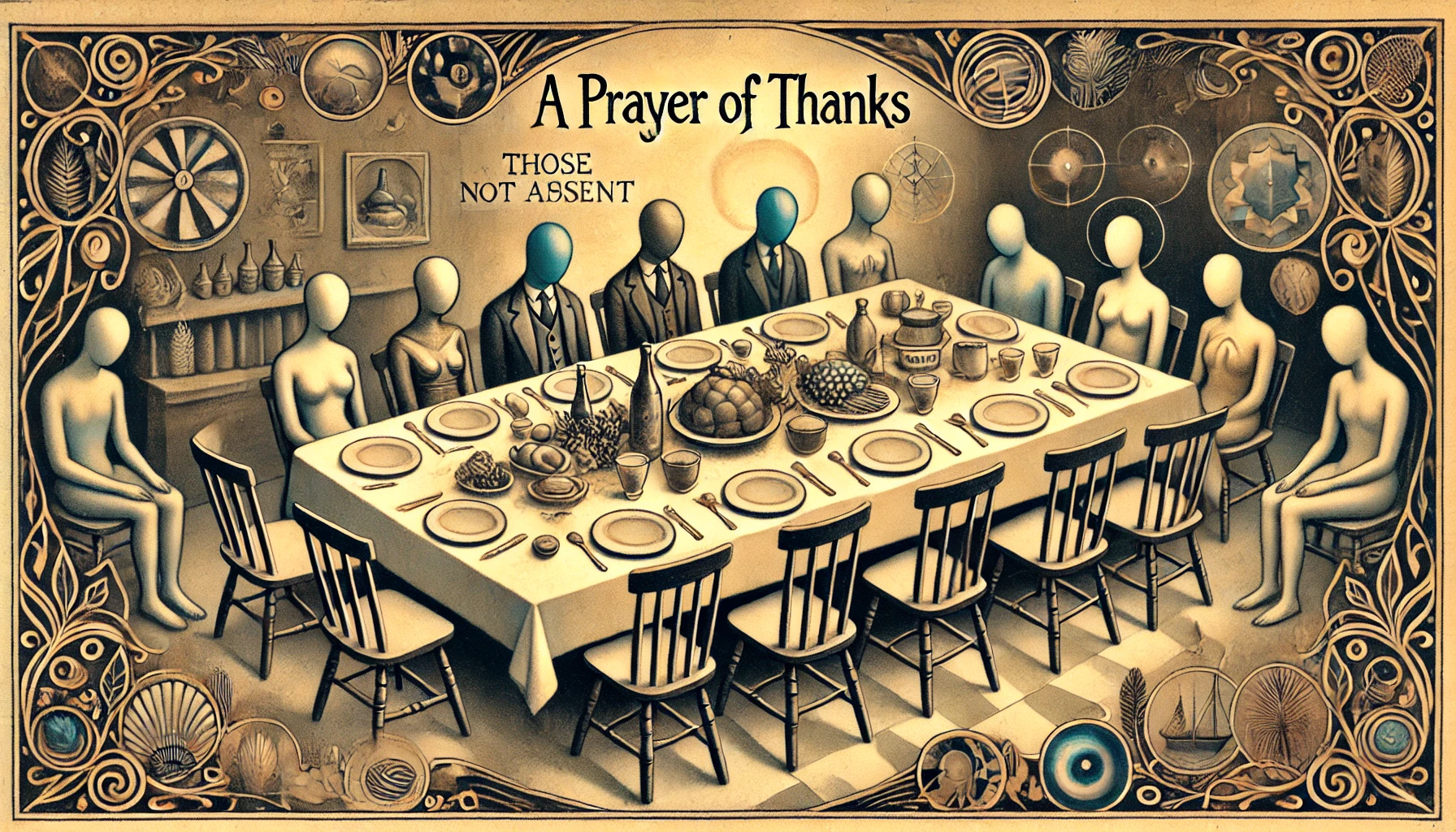

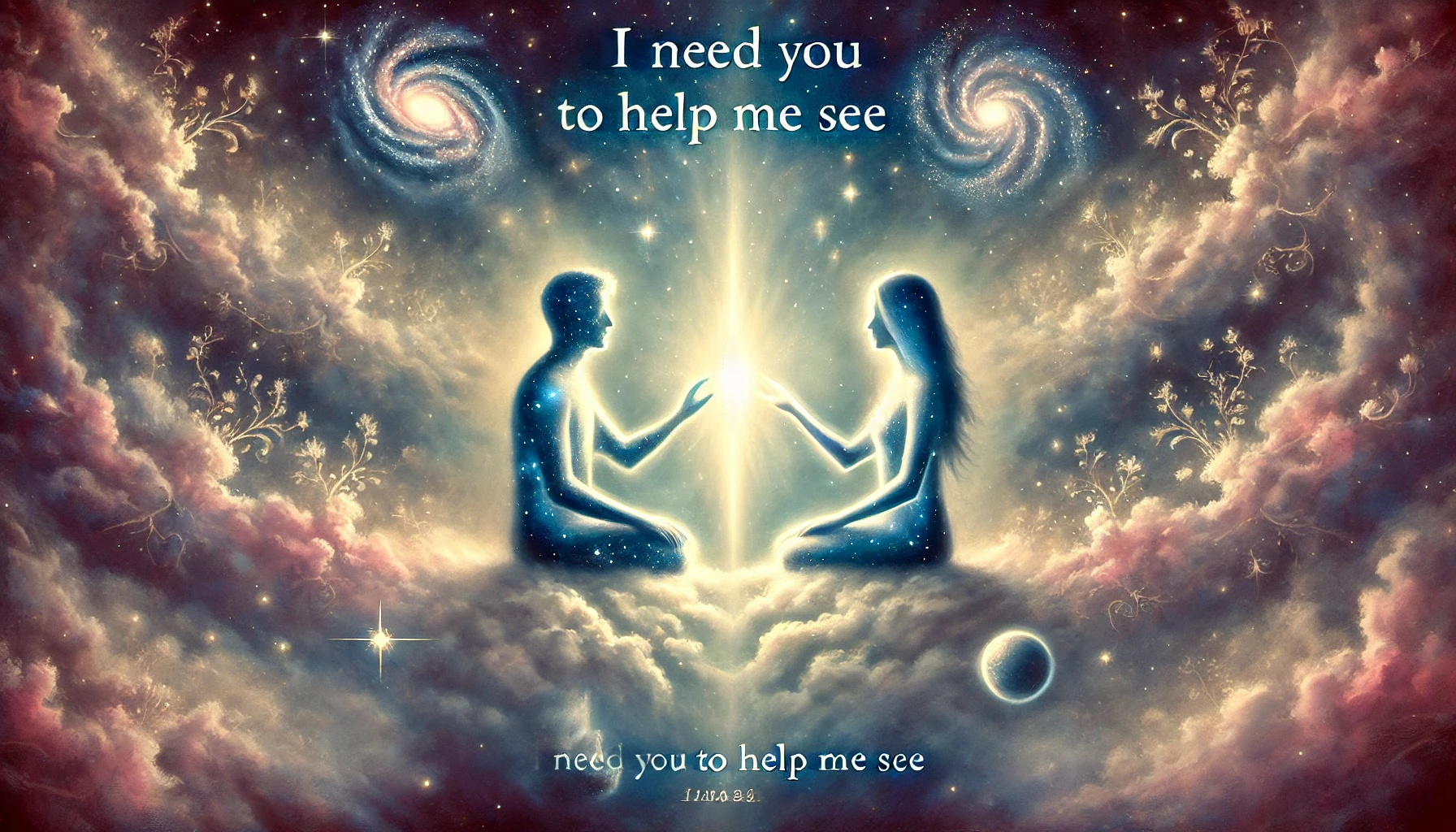





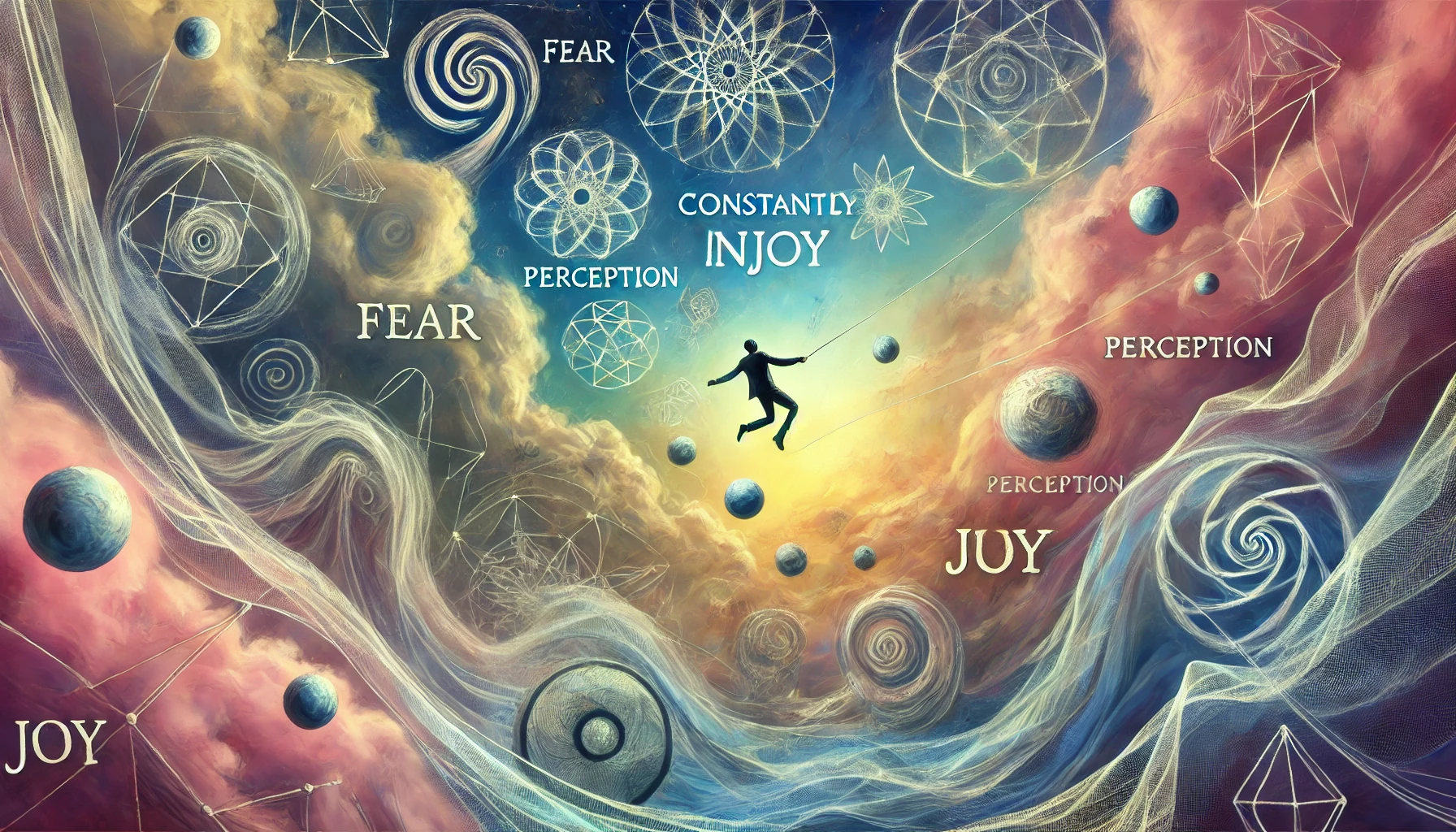


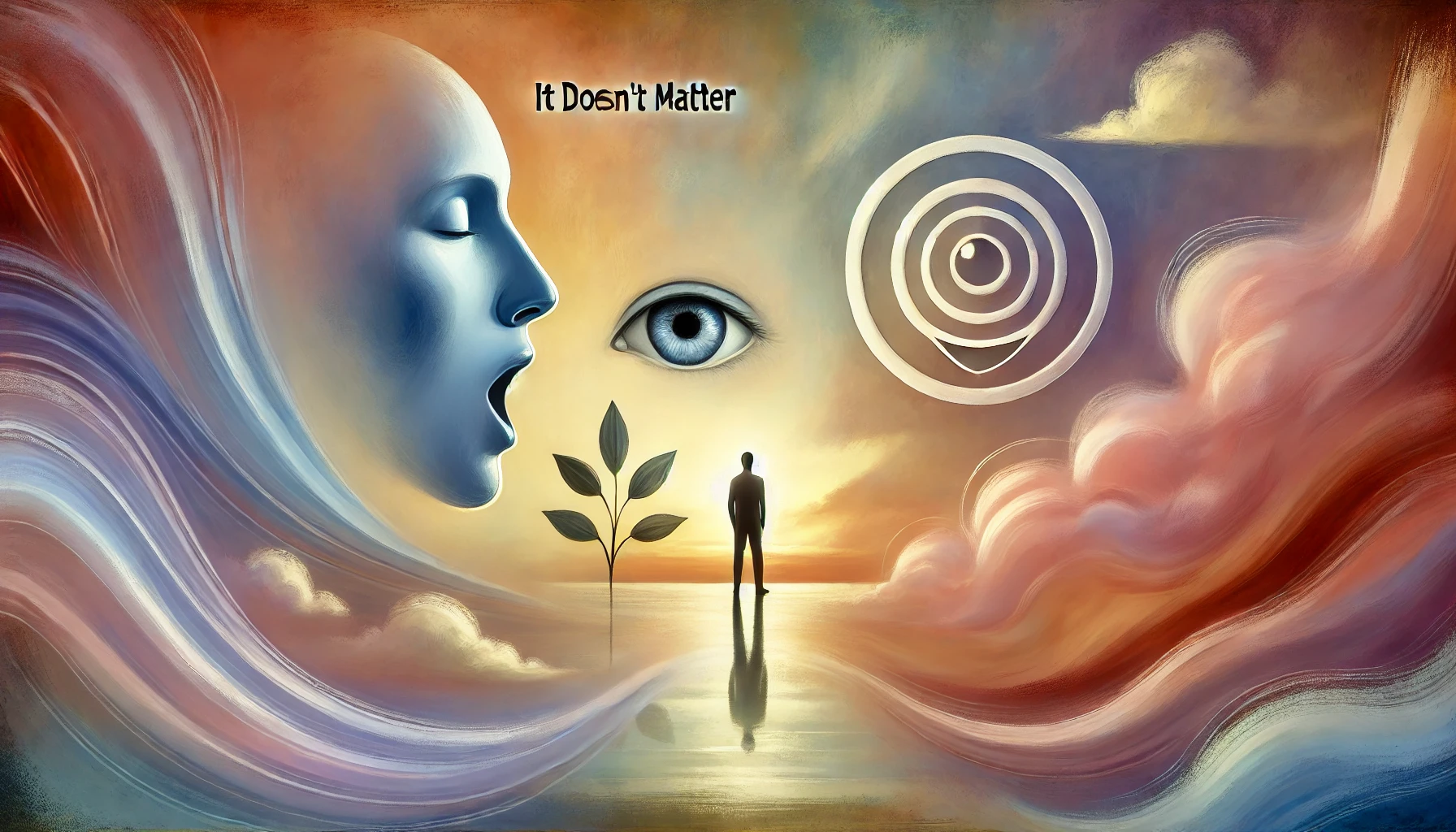


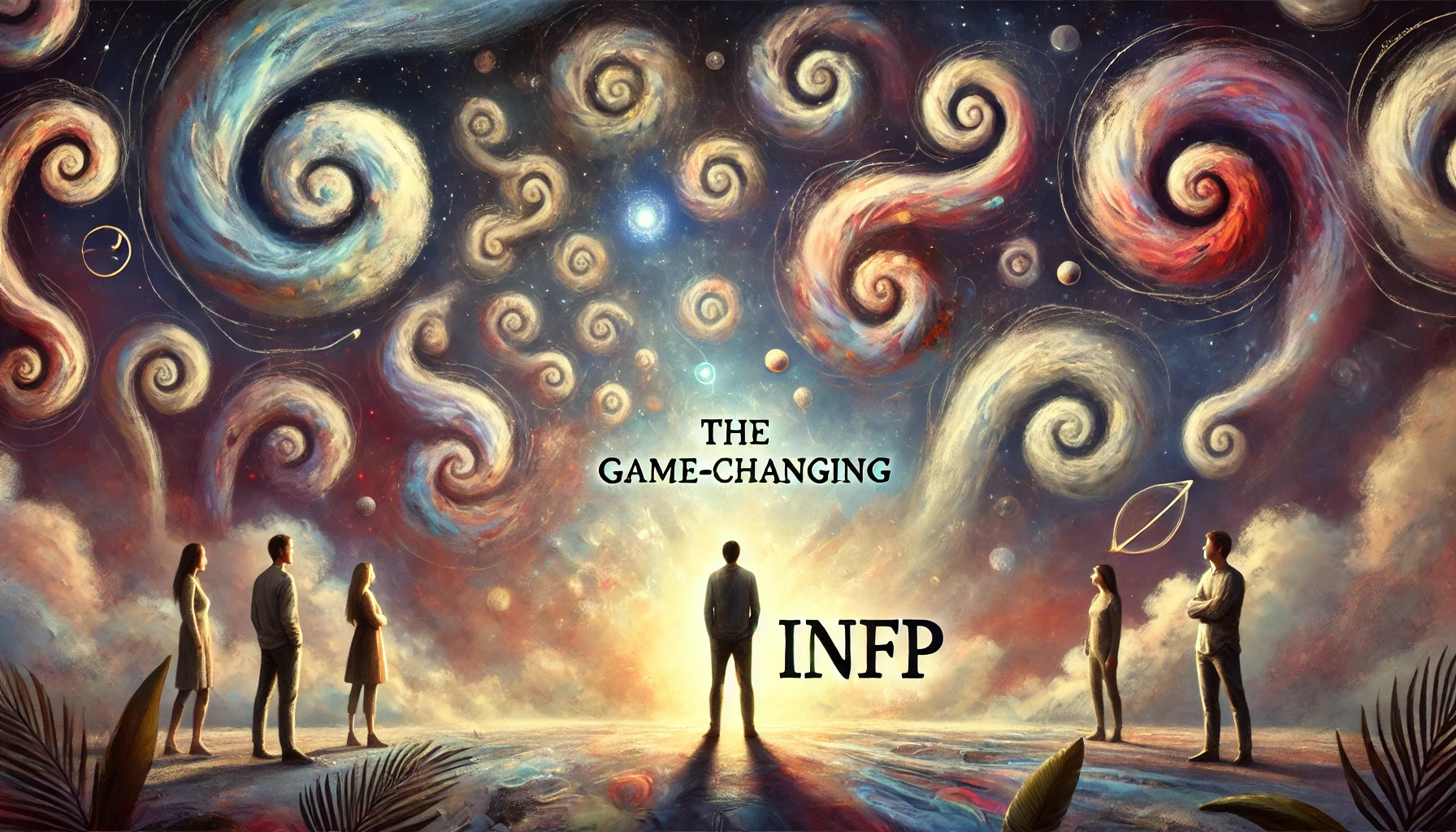






Leave a Reply